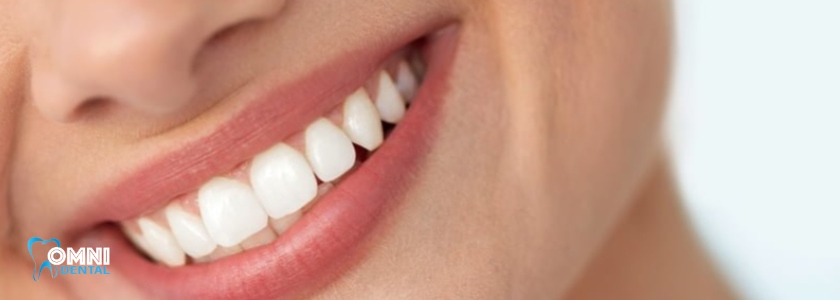
Dental Bonding In Arlington Heights Il
Dental Bonding is a procedure in which a tooth colored composite will be applied to your tooth
to repair damage. It’s a cost-effective solution because it’s considerably less expensive than other cosmetic dental procedures, such as crowns and porcelain veneers.
The dental bonding procedure utilizes a composite resin and is used for a variety of structural as well as cosmetic purposes. One can draw a parallel between dental bonding materials and a sculptor’s clay. By using dental composite resin bonding your dentist can restore chipped or broken teeth, fill in gaps and reshape or re-color your smile.
How Is Dental Bonding Done?
If you need a dental bonding procedure, your dentist will determine the color of the composite resin that will fit the tooth to be bonded by using a shade guide. After then, a tool will be used to remove part of the tooth surface and coated with a liquid to allow it to adhere firmly to the bonding material. After the tooth has been prepared, the resin is applied and molded and smoothen into the proper shape. Your dentist will then use a laser to make the material hard and cut it to achieve a perfect shape.
The final stage of the procedure is polishing the material to match the soft smooth shiny appearance of the tooth surface. In many cases, tooth bonding will only take a few minutes, but your dentist can decide to arrange multiple visits if you need to bond multiple teeth.
Dental Implant
Emergency Care
Teeth cleaning
The Tooth Bonding Procedure
From the patient’s perspective, teeth bonding is a very simple, pain-free procedure. Usually, no anesthesia is required to keep you comfortable. However, if your dentist is treating a chip or abnormality that has left a tooth very sensitive or is located near the nerve, you may be given an injection of local anesthetic to numb the area. Cotton pads may be placed in your mouth in order to absorb moisture and make it easier for your dentist to work.
Once you are comfortable, your dentist will select the resin color that is closest to that of your natural teeth. He or she will then apply a special solution to the tooth to roughen up the enamel and make it easier for the resin to adhere to the tooth’s surface. This process is sometimes referred to as “etching the enamel.” This solution may have a sour or bitter taste if you happen to get a little of it on your tongue. Once the tooth is properly prepared, your dentist will carefully shape the resin, which is like a putty, to the desired shape. It is then pressed onto your tooth and reshaped, using specialized tools. When the resin is properly placed and shaped, your dentist will shine a special, blue UV light into your mouth for a few seconds. This causes the resin material to harden.
After the resin has hardened, your dentist will use a power file to further shape it and make sure there are no sharp edges. He or she will finish by polishing the resin to ensure it blends in well with your natural teeth.
Check with your dental insurance provider before scheduling an appointment or You can also call omni family dental and we will find out about your benefits for you. Some insurers consider dental bonding a cosmetic dentistry procedure and won’t cover the cost.





